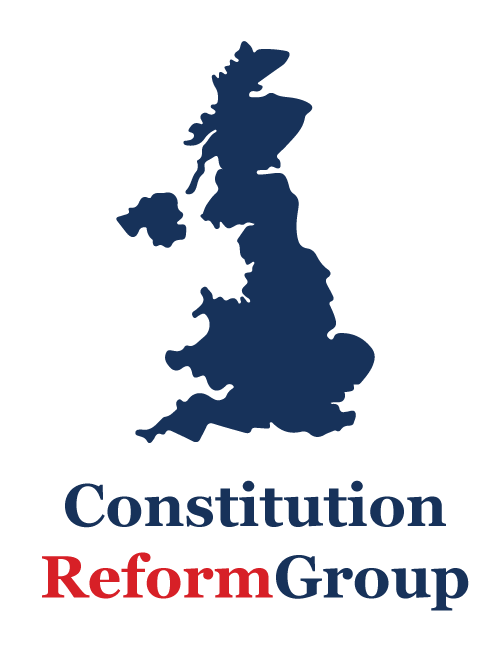8th September 2016
Harlow in Essex was a Labour-held seat as recently as the start of 2010. Created under the New Towns Act 1946, it has long been a bellwether constituency. The Labour Party won it in three consecutive general elections from 1997, but Robert Halfon won it back for the Conservatives in 2010 and retained it in 2015, with a 19-point lead over Labour. In June, Harlow defied the advice of almost every Labour MP and voted to leave the European Union by a margin of more than two to one. Every district in Essex voted for Brexit.
On 29 August, a 40-year-old Polish man died after he was attacked outside a fast-food restaurant in the Stow shopping area of Harlow. His death has been widely reported and has convulsed the local community. Mr Halfon has since warned that the EU referendum has unleashed some dark forces. “The Brexit thing allowed a small minority of horrific people to come out of the sewers and exploit division and hatred,” he says in this issue.
Yet Harlow is, as Mr Halfon points out, a place associated with “aspiration” – where people come to improve their life chances. First, it was those escaping to the new town from the bomb-ruined streets of the East End of London after the Second World War. More recently, it has been eastern Europeans. Mr Halfon says that Poles and other migrants have helped to regenerate Harlow, which has suffered long periods of decline: “They are ‘doing the right thing’. They are working hard, educating people; they fill up the churches. For them to feel frightened is terrifying.”
In the past few years, a sense of disconnect has grown between Labour and much of the electorate in the towns, villages and rural areas of England. As questions of culture and belonging have become more salient, and profound unease about immigration and globalisation has grown, especially among working-class voters, Labour has failed to offer an adequate response. The result has been a growing alienation between the party and what it once considered its core vote.
These problems have had a long gestation. Even in 2005, when Labour won a majority under Tony Blair, the party received fewer votes in England than the Conservatives. Its plight in England has since become far worse. Excluding London, Labour won only ten of the 197 seats south of the Severn-Wash Line in 2010, and 12 in 2015.
A belief that, outside of the cities, Labour does not speak for the English is fundamental to these dire results. The party’s popularity in Scotland has collapsed, and most of the 106 gains that it will need in order to win a majority after the constituency boundary changes are in England. The rise of Scottish nationalism and the concurrent rise of English nationalism risk casting Labour adrift.
The party’s response to the urgency of this crisis has been anaemic. Even the Beckett report into its disastrous 2015 result failed to account properly for the salience of “Englishness”. The former cabinet minister John Denham wrote on the New Statesman website that nationalism was missing from the report; its vision for the nation, he said, neglected those “who either don’t see their country as Britain or [see it] only partly as Britain”. Such inertia imperils Labour’s future as a viable election-winning party. Embracing a comprehensive federal settlement is long overdue – not just for reasons of electoral necessity, but also because it is the right thing to do if the United Kingdom is to continue as a single polity.
A federal settlement, as proposed by the Constitution Reform Group in July, would bring decisions closer to the people they affect. Such an arrangement could begin to address the “English Question”: the simmering discontent among English voters who feel that their interests have been ignored for too long.
It would be prudent for Labour to position itself as the party of federalism. It could even explore the merits of an English parliament, though this would need a democratic mandate, secured through a referendum. Perhaps more wise would be a continuation of the evolution towards self-governing English city regions, following the successful examples of London and Manchester, as well as embracing electoral reform.
After the Brexit vote, the shape of the UK and its constituent nations remains uncertain. Supporting federalism could give Labour a way to deal with the English Question and, in Harlow and other towns, halt its sad decline.
This article was originally published in The New Statesman. You can access the article here.


